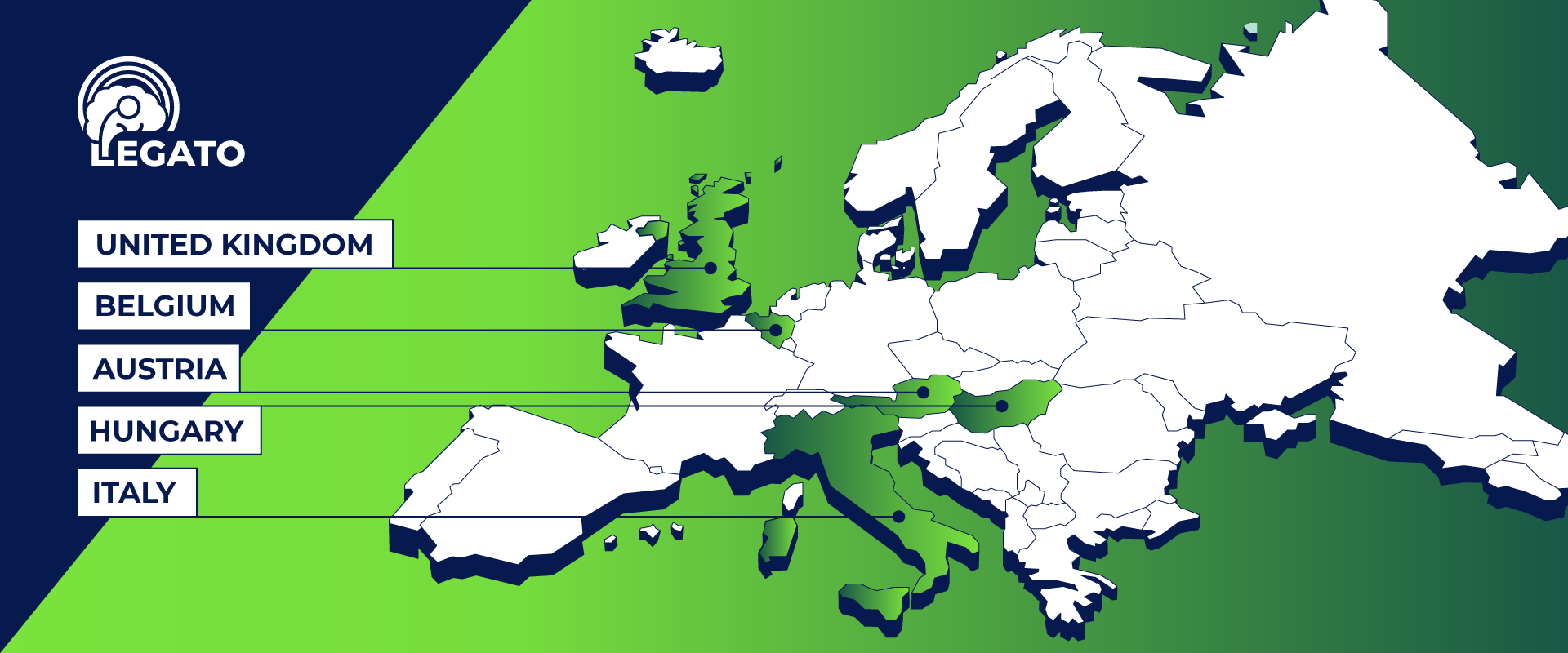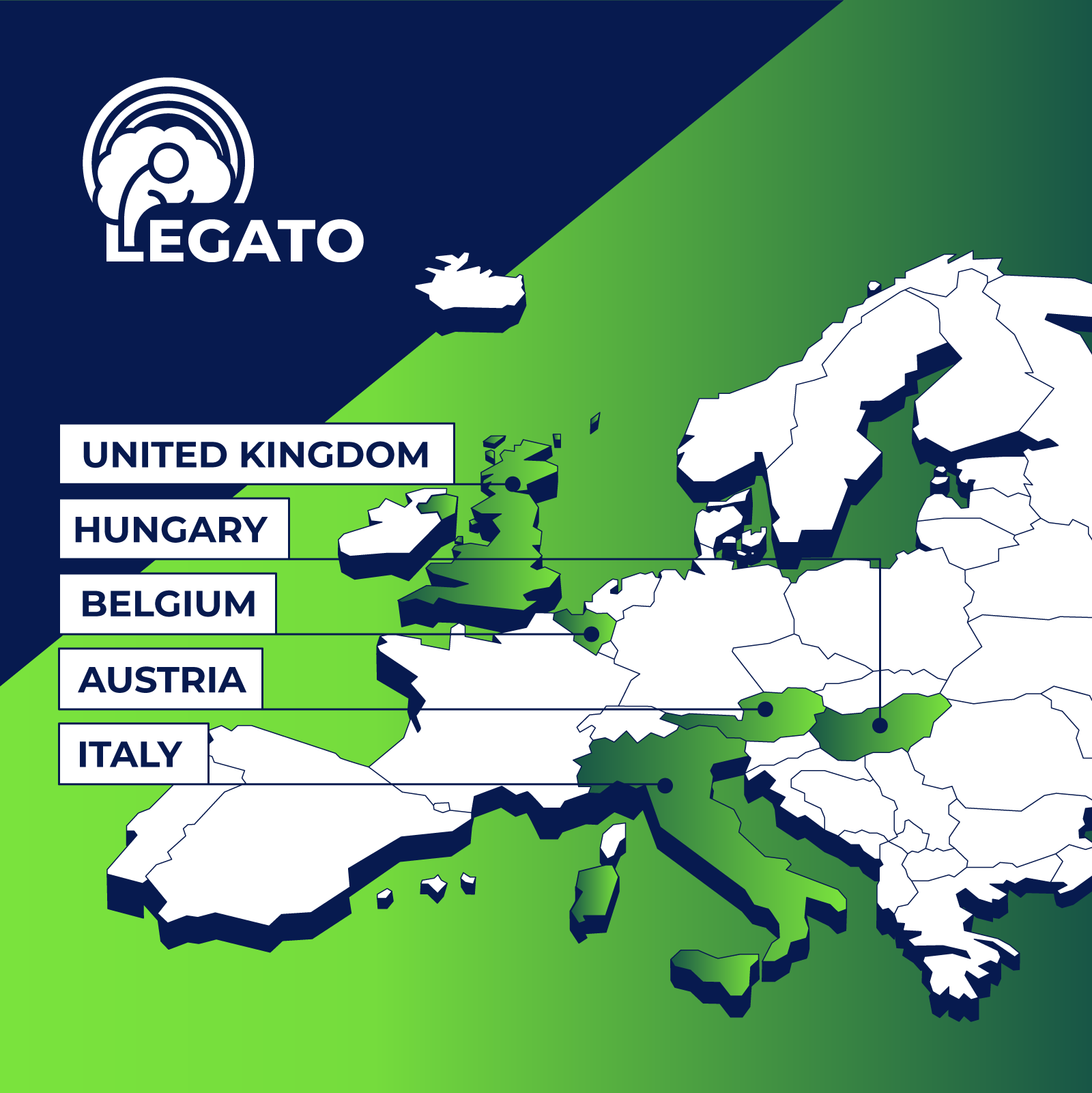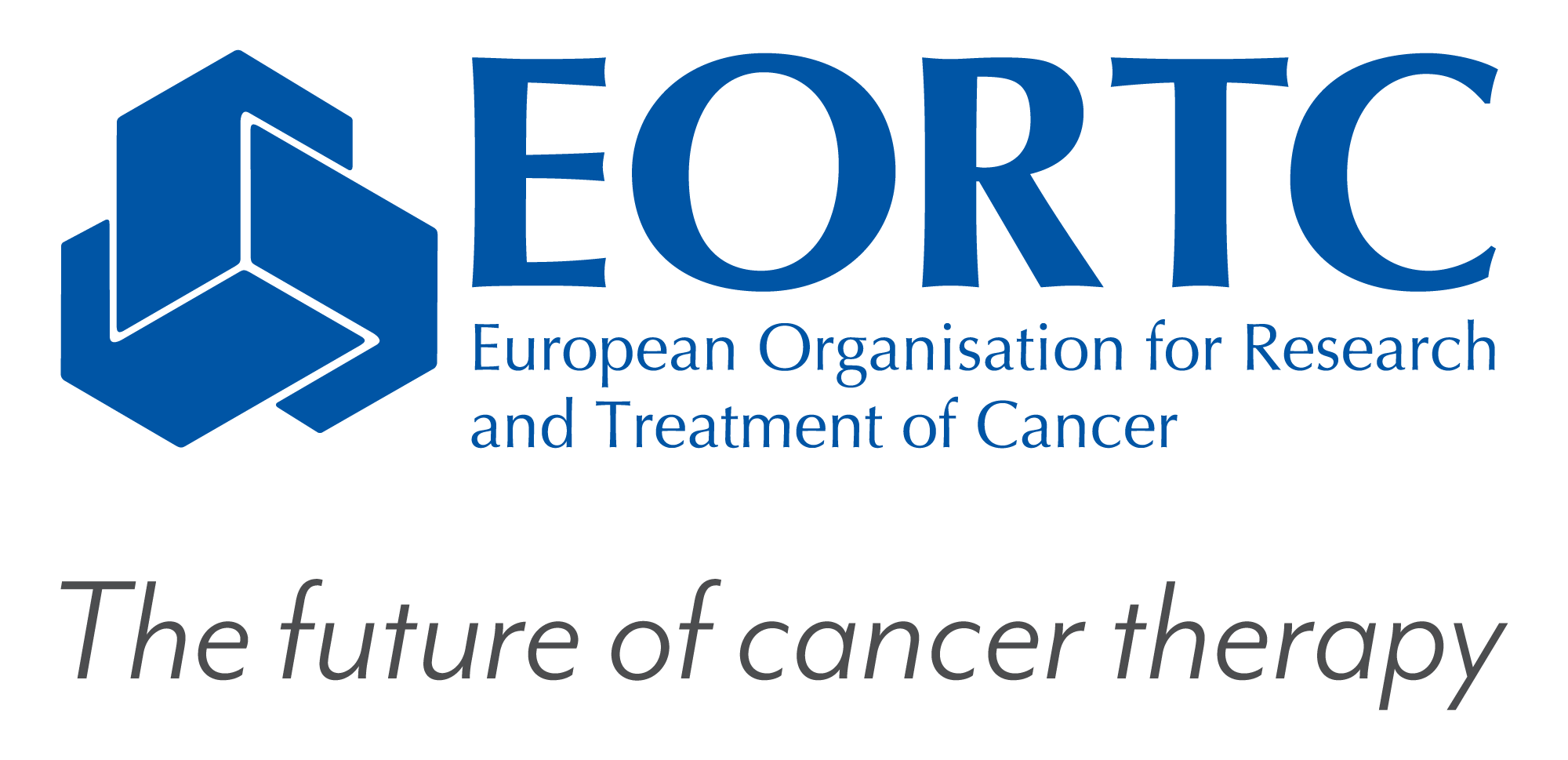

The European Organisation for Research and Treatment of Cancer (EORTC) is Europe’s leading multidisciplinary clinical cancer research organisation whose work spans cancers, treatment types and national borders. For more than 60 years, its mission has been to coordinate and conduct international translational and clinical research to improve the standard of cancer treatment for patients, improving their survival and quality of life.
EORTC is the coordinator of the LEGATO research project and the legal sponsor of the associated clinical trial. The study will be supported by EORTC infrastructure and network. Patient representatives will contribute to the clinical trial since study conceptualisation.
Syreon Research Institute is an independent research institute, providing expert services since 2008 in the fields of evidence synthesis, health economics, health policy, health technology assessment (HTA) and public health. It aims to apply scientific evidence and health economic knowledge in practice to maximise health gain for the society.
As part of LEGATO, Syreon will conduct economic evaluations in different countries and will develop and coordinate a communication and dissemination strategy for the three projects. The results generated, if positive, should inform guideline developers, policymakers, and healthcare payers about the importance of giving access to investigational technologies for different types of cancers. Our team will also develop educational materials about key project methods and achievements.
Founded in 1303, Sapienza is the oldest university in Rome. With over 140,000 students, Sapienza is one of the largest universities in Europe and is a major center of research and education in Italy. Sapienza University’s medical research and educational activities are carried out in collaboration with the teaching hospitals Umberto I and the Sant’Andrea General Hospitals in Rome which provide high-quality teaching and research facilities as well as specialized care for patients. Sapienza University is also home to several research centers and institutes, including the Institute of Human Genetics, the Institute of Biomedical Technologies, and the Institute of Molecular Biology.
As part of the Consortium that has submitted a proposal for the LEGATO project, Sapienza University has received funding from the European Union’s Horizon 2020 research and innovation programme under the grant agreement No 780681. In this project, Sapienza University will take part in the efficient implementation and realization of the project, cooperating with The European Organisation for research and Treatment of Cancer (EORTC) in conducting the clinical trial and publishing the results.
Dr. Giuseppe Minniti from Sapienza University of Rome is the study’s Principal Investigator and Co-Leader.
Brainstrust – the brain cancer people is a charity that supports people living with a brain tumour. It has UK wide reach and beyond. When you are diagnosed with a brain tumour your response is unguarded, visceral and fearful. Through our high impact coaching programme we enable people to be involved, resourced, supported, confident and connected, so that people are able reframe problems, take back control and have their best possible day despite their diagnosis.
Brainstrust’s role in the LEGATO study is to provide the patient voice so that it sits in the DNA of the trial. This will ensure that the trial remains close to the person living the disease and it relevant and meaningful to the community. We have a well developed PPI strategy, which encompasses the trajectory, from the design of the question through to dissemination.
Medical University of Vienna (MedUni Vienna) is one of the longest-established medical education and research facilities in Europe. With almost 8,000 students, it is currently the largest medical training centre in the German-speaking countries. With more than 6,000 employees, 30 departments and two clinical institutes, 13 medical theory centres and numerous highly specialised laboratories, it is one of Europe’s leading research establishments in the biomedical sector. MedUni Vienna also has a medical history museum, the Josephinum.
Professionals from the Medical University of Vienna have worked on the development of the clinical trial methodology for the LEGATO project, as well as – among other tasks – they are working on the coordination of the project, leading of the study, patient recruitment and treatment, medical review, safety review, clinical guidelines update and presentation to clinicians.
Prof. Dr. Matthias Preusser from the Medical University of Vienna is the study’s Principal Investigator and Co-Leader.













